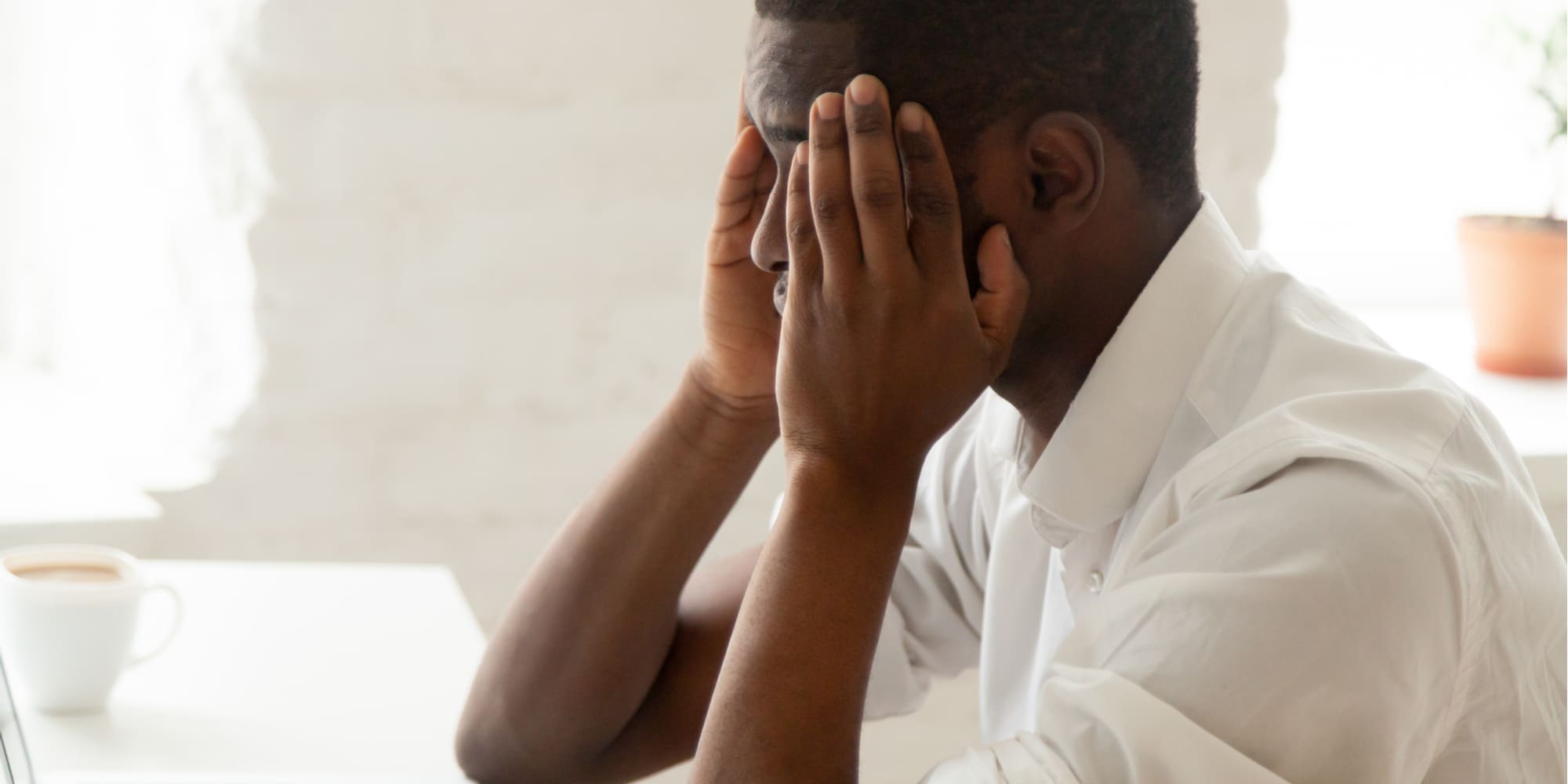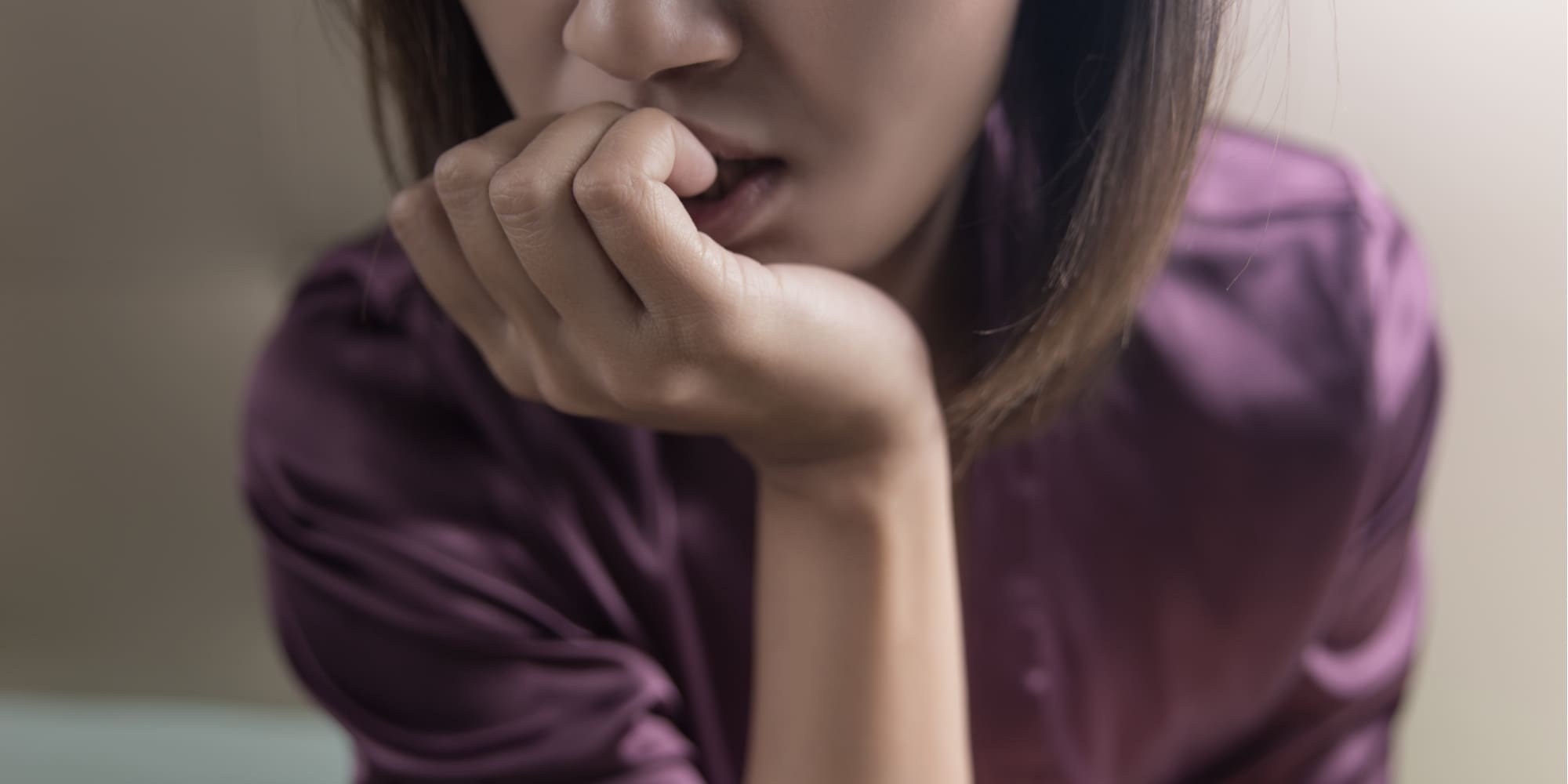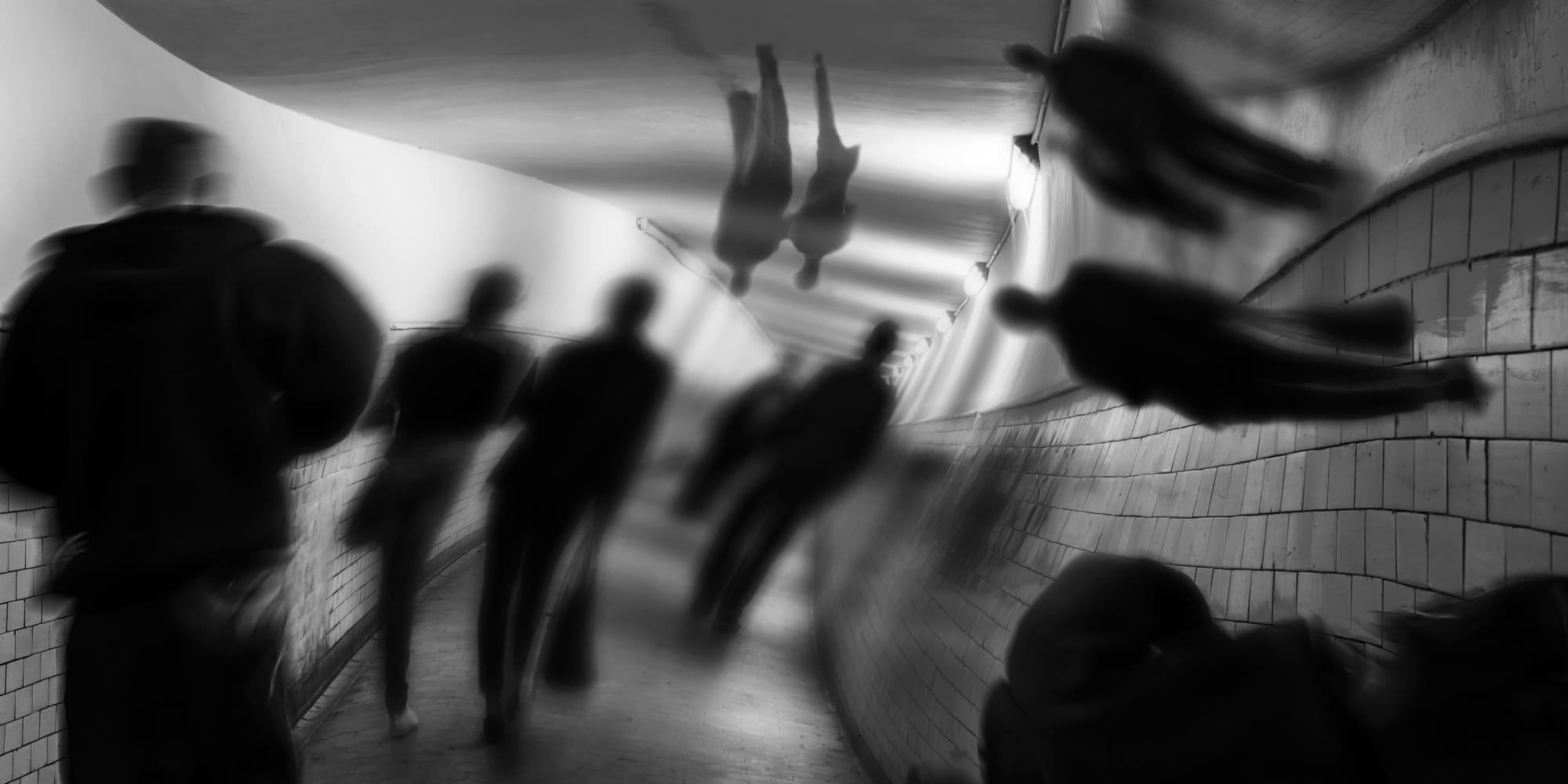Many people throughout the United States experience anxiety attack symptoms, and some of those people have symptoms that are severe enough to be classified as an anxiety disorder.
As a matter of fact, anxiety disorders are the most common mental illness among people in the United States, with almost one in five people, or 40 million adults, suffering from a diagnosis, like generalized anxiety disorder.
Because it’s so prevalent, you’re probably wondering what the physical symptoms of an anxiety attack are, and if you do have symptoms, at what point should you get help?
Here are the symptoms to be on the lookout for, as well as a few different treatment options that can help you conquer your anxiety.
Contents
Common Anxiety Attack Symptoms

It’s normal for everyone to experience signs and symptoms of anxiety every once in a while. It even has some surprising benefits. It can encourage you to have a plan B or plan C, which can help when things don’t go your way, and it can encourage you to keep following up if something makes you feel uncomfortable.
However, anxiety and fear have a way of getting away from people. A little anxiety can encourage you to act, while intense or prolonged anxiety can cause you to shut down. A few signs you’re experiencing an anxiety attack include:
- Increased heart rate
- Shortness of breath
- Chest pain
- Sweating
- Feeling restless or tense
- Feeling weak
- Trouble concentrating
- Trouble sleeping
- Gastrointestinal problems
- Muscle tension
- Explosive anger
Frequent worrying is common among those who regularly experience anxiety. Avoiding stressful situations is also common. Those with anxiety regularly look for ways to avoid situations that will cause them to experience the symptoms on this list.
Am I Having a Panic or Anxiety Attack?
Panic attacks and anxiety attacks are often used interchangeably when people describe their experiences. However, they are technically different, and their symptoms can result in different diagnoses and treatment options.
They share many symptoms in common, but the symptoms of a panic attack may present more extremely. For example, someone suffering from an anxiety attack may experience worry, restlessness, and fear, but someone having a panic attack might feel pain in their chest, detached from the world, or experience the fear of dying, even if the situation doesn’t warrant that fear.
Just as experiencing anxiety doesn’t necessarily mean you have an anxiety disorder, experiencing a panic attack doesn’t necessarily mean you have a panic disorder. Things like social phobia, agoraphobia, and health conditions, like heart attacks and hyperthyroidism, can trigger a panic attack.
Do I Have an Anxiety Disorder?


Just because you experience anxiety attack symptoms doesn’t mean you have an anxiety disorder. For example, you might experience a racing heart before giving a big presentation or have trouble sleeping before a medical procedure.
Only if your anxiety symptoms occur over at least six months and include at least three different symptoms of anxiety could you be diagnosed with generalized anxiety disorder (GAD).
In some cases, you may find that the symptoms of your anxiety are more specific to certain situations. If that’s the case, you might be diagnosed with a more specific disorder. A few other anxiety disorders include social anxiety disorder, which causes you to avoid social situations, as well as substance-induced anxiety disorder that’s connected to drug or alcohol use.
It’s also common for anxiety to lead to a panic attack. That’s often the case for more specific disorders, like agoraphobia. Fear can increase the further a person travels from home, which can cause them to have a panic attack. Generally, if you show signs of anxiety outside of your panic attacks, then you may have a panic disorder.
How to Get Help for Your Anxiety Symptoms
Anxiety may be constant, or it may only come to the forefront during a traumatic event or any form of upsetting life event. But if you’re living with an anxiety disorder, then it’s important that you seek help. Over time, untreated anxiety can worsen and create problems in both your professional and your personal lives.
But with inpatient mental health care, you can benefit from the expertise of mental health professionals and overcome your anxiety. While we cannot guarantee that your anxiety symptoms will stop, we can give you the tools to manage them and regain control of your life. With our evidence-based treatments, we keep patients comfortable and safe while they address their pressing mental health issues.
If anxiety is ravaging your life and you want it to stop, contact Port St. Lucie Hospital today. Give us a call at (772) 238-7426 or fill out our online form and we’ll create a personalized treatment plan that will help you get your mental health back on track.



























